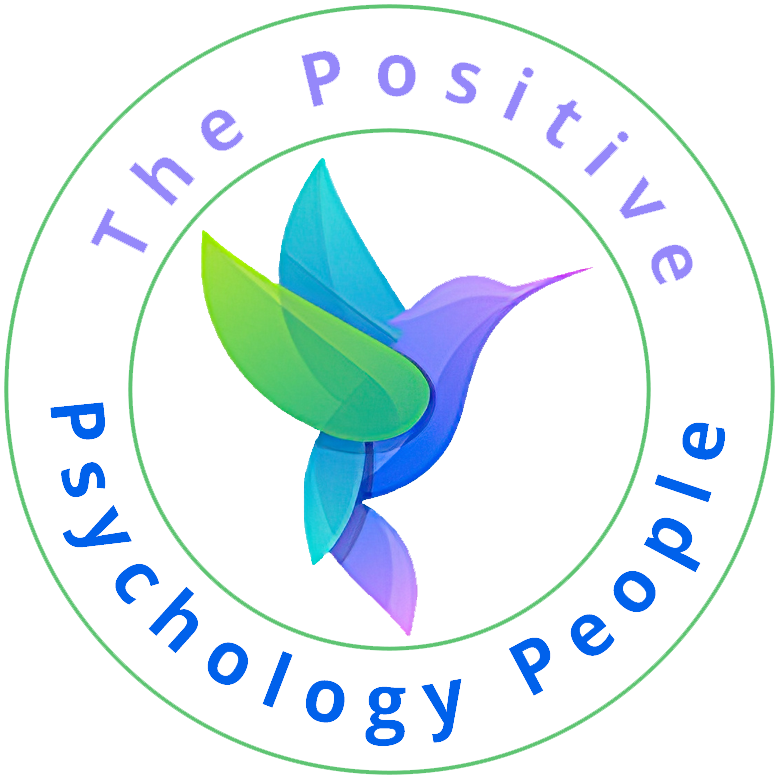
by Lynn Soots | August, 2015 | Culture, Relationships, self-development
I have always had an interest in living a good life – perhaps a natural attraction towards positive psychology. An experience early on in life eventually taught me the value of seeing the self as far deeper than the finely curated fragments of body and mind that we spend a lifetime trying to conquer. It showed me, albeit exclusively, the faint and subtle yearnings of the soul that often went unheard in the noise and clamour of daily life. The Journey to Finding Meaning On an annual trip to my parent’s home in Pakistan, I decided to honor its call and spend my 2 weeks identifying a needy cause to which to contribute a portion of my time and finances. I did not have to look far. All around me were needy causes that deserved attention. The old and limping massage lady who supported a disabled adult daughter on her measly income. The tailor who supported his dead brother’s family along with his own, and lost half his income because of the daily power outages in the city. The little flower seller who ran behind me all the way to my car, begging me to buy a single flower so she could feed her starving brother. All these lives tugged at my heart and made me realize that it had grown small in the safe quarters of my cushy life. But the most touching of all was yet to come when I took my children to visit a school for the homeless. In the dingy little classroom, close to twenty little children sat huddled over their textbooks, coloring in...

by Lynn Soots | August, 2015 | Education, Health, Positive Psychology, self-development
“Happiness doesn’t come from tomorrow, it comes from today. Your life is what’s happening right now.” – Stephen M. Pollan Living in the present is Mindfulness. More precisely, it is living in the moment while non-judgmentally observing the events around you unfold. Jon Kabat-Zinn, founder of the Mindfulness-Based Stress Reduction (MBSR) program at the University of Massachusetts Medical Center – a program that is offered in more than 700 centers around the world – explains it in these simple words: “Mindfulness means paying attention in a particular way; on purpose, in the present moment, and nonjudgmentally.” The Power of Mindfulness Throughout the existence of humans since thousands of years, people have used mindfulness practices—techniques to build awareness into the present moment with a calm acceptance—to deal with the stressful facets of life. “This is the beauty of mindfulness. It’s not about fixing what’s broken. It’s about discovering that nothing is broken. That we’re not broken.” – Jon Kabat-Zinn Mindfulness activates the brain region (dorsal medial prefrontal cortex, right anterior insula, anterior cingulate cortex) associated with more adaptive responses to stressful or negative situations (Cahn & Polich, 2006; Davidson et al., 2003). Activation of this region corresponds with faster recovery to baseline after being negatively provoked (Davidson, 2000; Davidson, Jackson, & Kalin, 2000). Mindfulness, in effect, reduces your focus on the past and future, and this shift of focus leads to less negative emotions. It, therefore, helps you get back to your peaceful self much faster than otherwise. Recently, researchers at Oxford University found that Mindfulness-Based Cognitive Therapy (MBCT) halted as many people from going back into depression as antidepressants....

by Lynn Soots | July, 2015 | self-development
Rewards are blood-sucking vampires of happiness The rewards that we give ourselves as fame, fortune, position, clout, acquisitions, trophies, connections, and social network friends, and of course money provide only short lived gratification and happiness. These rewards come in with a bang and fizzle quickly; we cannot remain happy for very long if we rely on a constant feed of this type of reward; no one ever could. As we keep comparing ourselves to the achievements of others, keep rushing towards our next targets, keep worrying about what others think of us – we, in fact, are successfully making ourselves more and more anxious, or unhappy, or lifeless. If all you did was gather money while expecting it to make you happy forever, you had been dead wrong all along. Because beyond the point at which your needs of survival and basic comforts have been met, more money does not give more happiness. Having more money – and acquiring more “things” by using that money – does not match strongly with more satisfaction in our lives, as many studies have shown. Today, a failure of the financial markets can wipe out our acquisitions overnight. A failure of the banks can devalue all the money that we hold and have. And disasters that are nature-born or human-made, can topple our well-balanced scales of life. To make us realize how wrong we had been in our assessments! Look around But once we look around, we find that we are all doing just that in endless circles – making the same misjudgements over and over again, while disbelieving that the skies cannot...

by Nikki Ayles | May, 2015 | self-development
How to Amplify PP Practice I have recently become poignantly aware of how practicing and living not just one of the positive psychology principles in isolation, but combining and blending a handful of exercises (what Martin Seligman calls a ‘package of positive interventions’) [1] can have a powerful impact on well-being. Inspired by Mindfulness guru, Mark Williams [2], I’ve been practicing Mindfulness meditations for several months now, particularly enjoying mindful walking and exercises that focus attention on the senses. They are incredibly effective ways of grounding myself in times of stress and help bring my mind back to the present, out of worries about past difficulties and concerns over future events. At a recent Positive Psychology Masterclass, having just shared a story of ‘me at my best’, a colleague flatteringly described me as a ‘Master of Savouring’. In the context of PP, savouring is “noticing and appreciating the positive aspects of life” and involves “conscious attention to the experience of pleasure” [3] (see also Lynn Soots’ blog on The PPP – The Art of Positive Savouring). Reflecting on the compliment, I realised the Mindfulness exercises I enjoy most tend to involve indulging in appreciation of the object of my focus, whether this be a chunk of rich, melt-in-the-mouth, dark chocolate, high in cocoa, lower in sugar, full of fruity notes and firm to the bite, OR, a stunningly beautiful cherry blossom tree in full Spring bloom, its scented pale pink blossom blowing in the breeze and floating through the air like confetti……. I believe the reason these activities have such personal power, is that not only do they blend...

by Lesley Lyle | March, 2015 | Positive Psychology, self-development
Mindfulness is a state of mind, a philosophy, a practice, and a way of being in the world. Mindfulness is the conscious way we capture moment to moment experiences through heightened awareness of sense sensations, feelings, and detail the processing of influencing information. There is an incredible difference between walking through life and walking into life. The roots of mindfulness can be found in the ancient teachings of the Buddhists, carried forward by Thich Nhat Hanh, a Buddhist monk who invites us to “Walk as if you are kissing the Earth with your feet.”1 Expanding on the importance of mindfulness is the wonderful works of author, researcher, and artist Ellen Langer who describes the views of mindfulness and mindlessness as either being fully engaged; paying attention to context and variability or being on auto-pilot; behavior is ruled and routine is governed, paying little or no to subtle changes2. When it comes to happiness we can be our generators of serotonin just by thinking, seeing, appreciating and embracing positive experiences that literally invade our lives like raindrops of a spring shower. The catch is we have to pay attention; we have to notice the rain, the temperature, how it makes us feel, and the smells that accompany the rain, the flurry of the people as they hide for shelter or run out into the street to kick in the puddles; embracing the full experience moment by moment. The practice of mindfulness can be incorporated into a daily routine of simply paying attention, or taken to a deep level of mindful mediation. Daily mindfulness is accomplished when we attentively check-in with our selves, consciously being aware of the senses: sights, tastes, smells, touch and sounds. This also includes...






